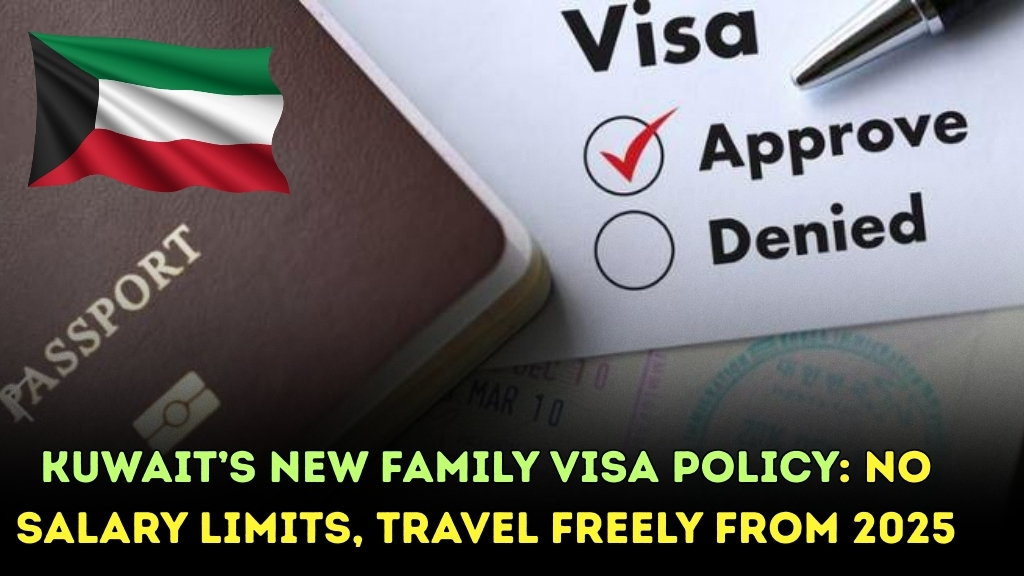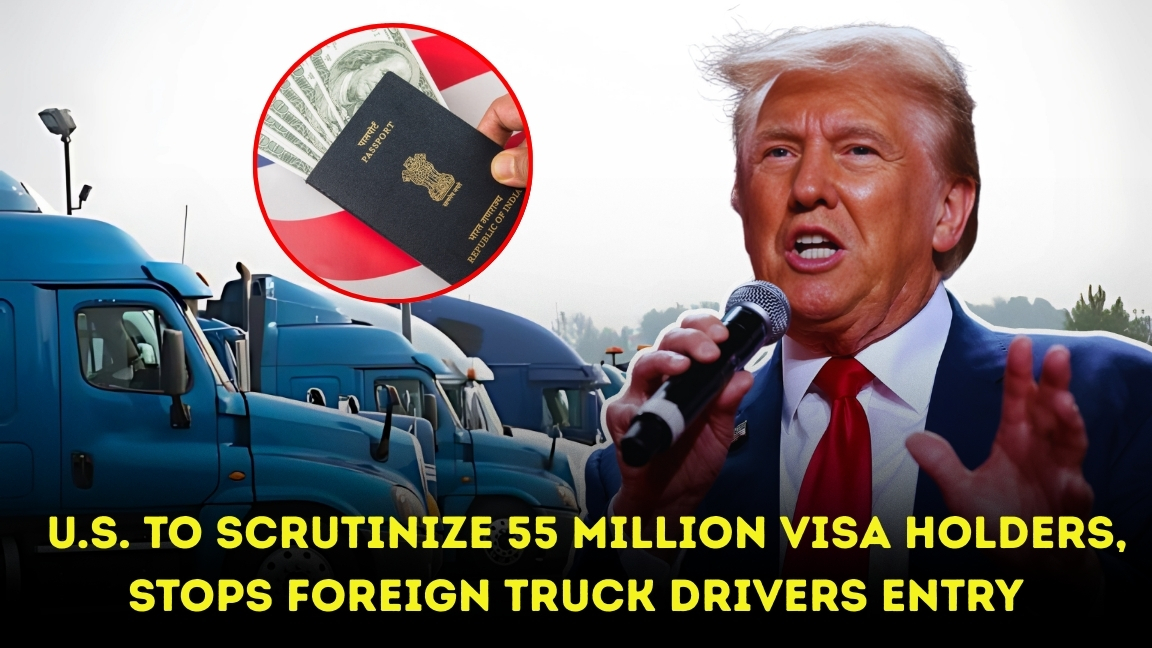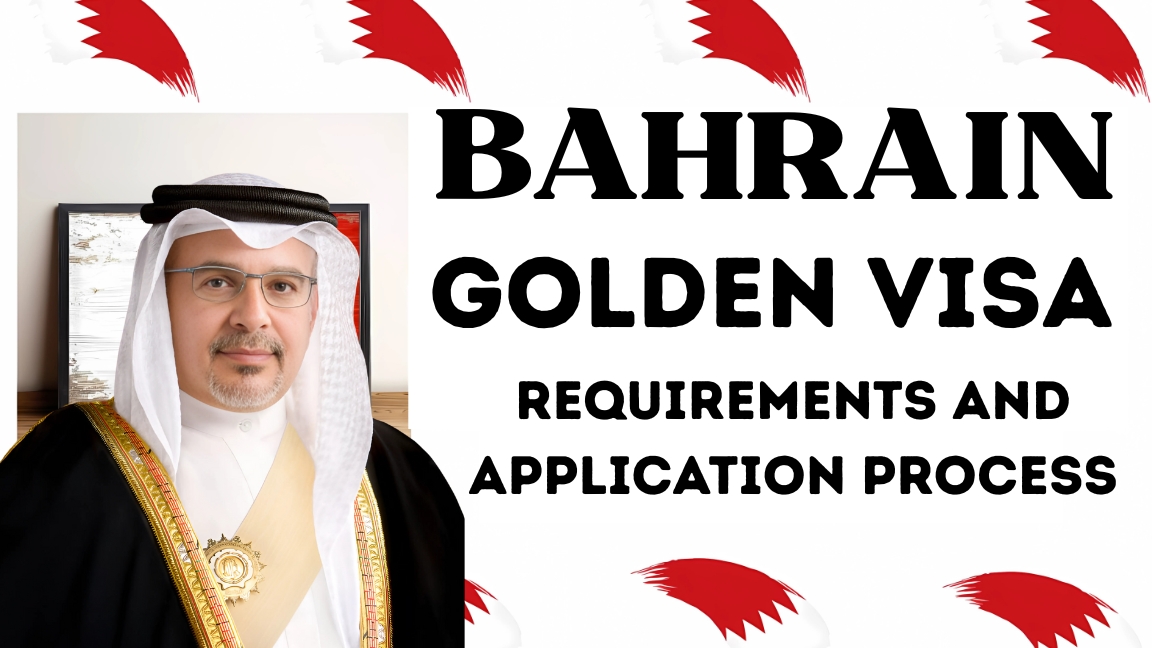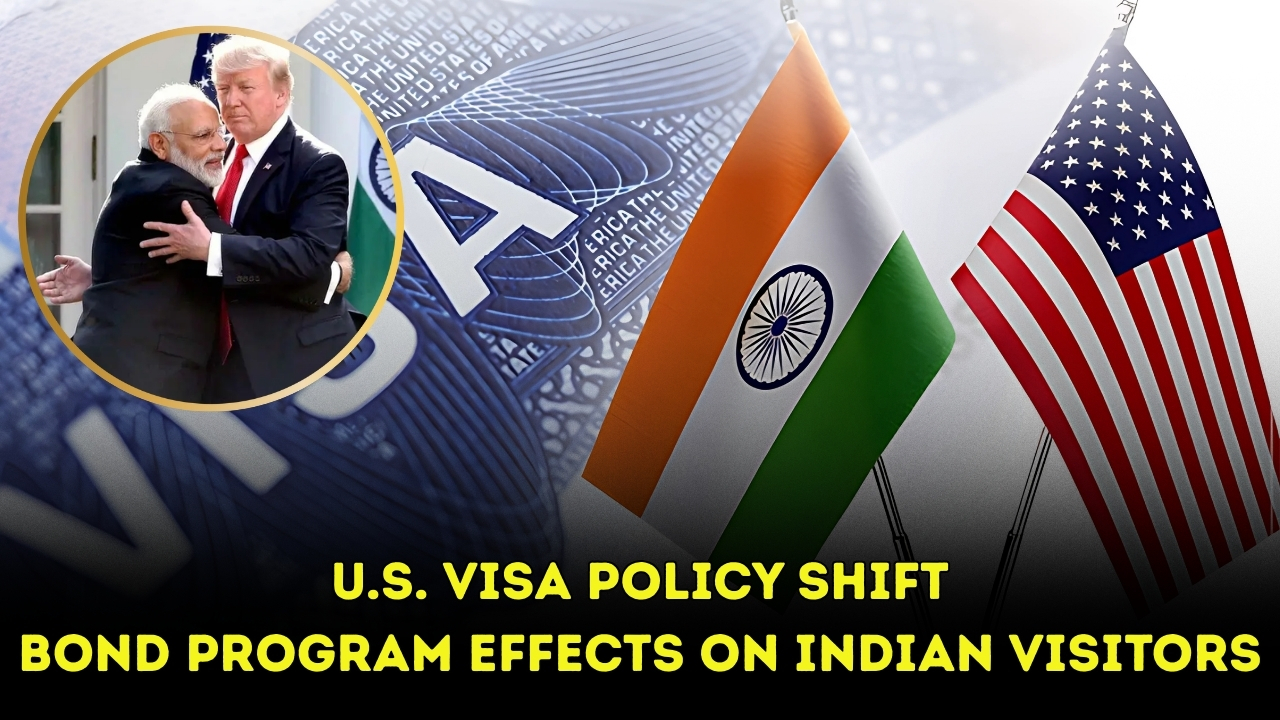End of Salary Restrictions!
For more than a decade, foreign nationals wishing to bring spouses and children to Kuwait endured a rigid matrix of remuneration thresholds, a structural criterion that precluded thousands of skilled workers from securing legitimate family residency.
The Ministry of Interior’s directive, effective January, cancels any monetary benchmark, thereby ceding prerogatives to occupational and professional qualifications instead of salary attestations. The ministry underscored that the overriding objective was to reinforce family integrity, in keeping with Kuwait’s historical ethos.
In a media interview, a senior spokesman characterised the measures as “progressive, humane and long overdue,” observing that “the past unequal benchmarks prised brothers, sisters and children away from the main breadwinners, forcing burdensome separations of midi to multi-year intervals.”
Commentators and expatriate umbrella councils, who reportedly influenced the new policy in coordinated memoranda, celebrated a local victory.
Greater Freedom of Movement!
Accompanying the elimination of salary ceilings is the liberalisation of mobility permissions that formerly constrained children, spouses and parents.
Under the amended regulations, expatriates and their recognized dependents who hold valid residency may now travel abroad and return to Kuwait without incurring penalties or undergoing the cumbersome burden of re-entry procedures.
Anticipated travel between Kuwait and home countries, particularly during peak holiday periods, should therefore become markedly more straightforward.
Analysts observe that the change mirrors wider patterns across the Gulf, where individual states are progressively refining visa arrangements to safeguard their ability to attract foreign talent in an increasingly contested regional labour market.
Strengthening the Nation’s Social and Economic Fabric
From an economic perspective, the new policy has the potential to recalibrate Kuwait’s demographic structure in a manner conducive to its longer-term growth goals.
Permitting expatriates to reside with their families is expected to moderate turnover rates, increase workplace stability, and correlate with observable productivity gains.
The reform is motivated by more than instrumental economic calculus. By deliberately lowering administrative hurdles, the new policy reaffirms the official acknowledgement of the social and human capital that expatriate communities invest in Kuwait’s ongoing development.
Government authorities intend for the measure to cultivate deeper affective and economic connections between the expatriate population and the country they have integrated into.
Overwhelming Response from the Expatriate Community!
Initial feedback from expatriates has been remarkably robust. “I have been waiting for this for years; the salary directive effectively barred me from bringing my children,” remarked an Indian teacher residing in Farwaniya.
“Now my immediate family may finally settle without unpredictable delays. This policy rewrite means the world to me.”
Community leaders and welfare activists have similarly welcomed the change. They argue the measure offers an immediate campagne to mental stressors endemic in families partitioned by bureaucratic restrictions, thereby enhancing overall community resilience and social cohesion.
Across social media, expressions of thanks have been joined by practical inquiries concerning the forthcoming application procedures, scheduled to commence once the statute is formally promulgated.
Anticipatory Guidance
While administrative particulars are still being finalised, officials are advising expatriates to consult only accredited sources. Once the family visa regime is initiated, it is predicted to simplify the application process by reducing excessive latency and by alleviating the accumulation of documentation.
Through the ongoing reconfiguration of its residency framework, Kuwait is conveying an unequivocal priority: the integrity of family life. .
The visa innovations of 2025 are thus not only intended to render migration policies contemporary, but are also poised to reinforce Kuwait’s stature as an attractive and competitive hub for global expertise.









